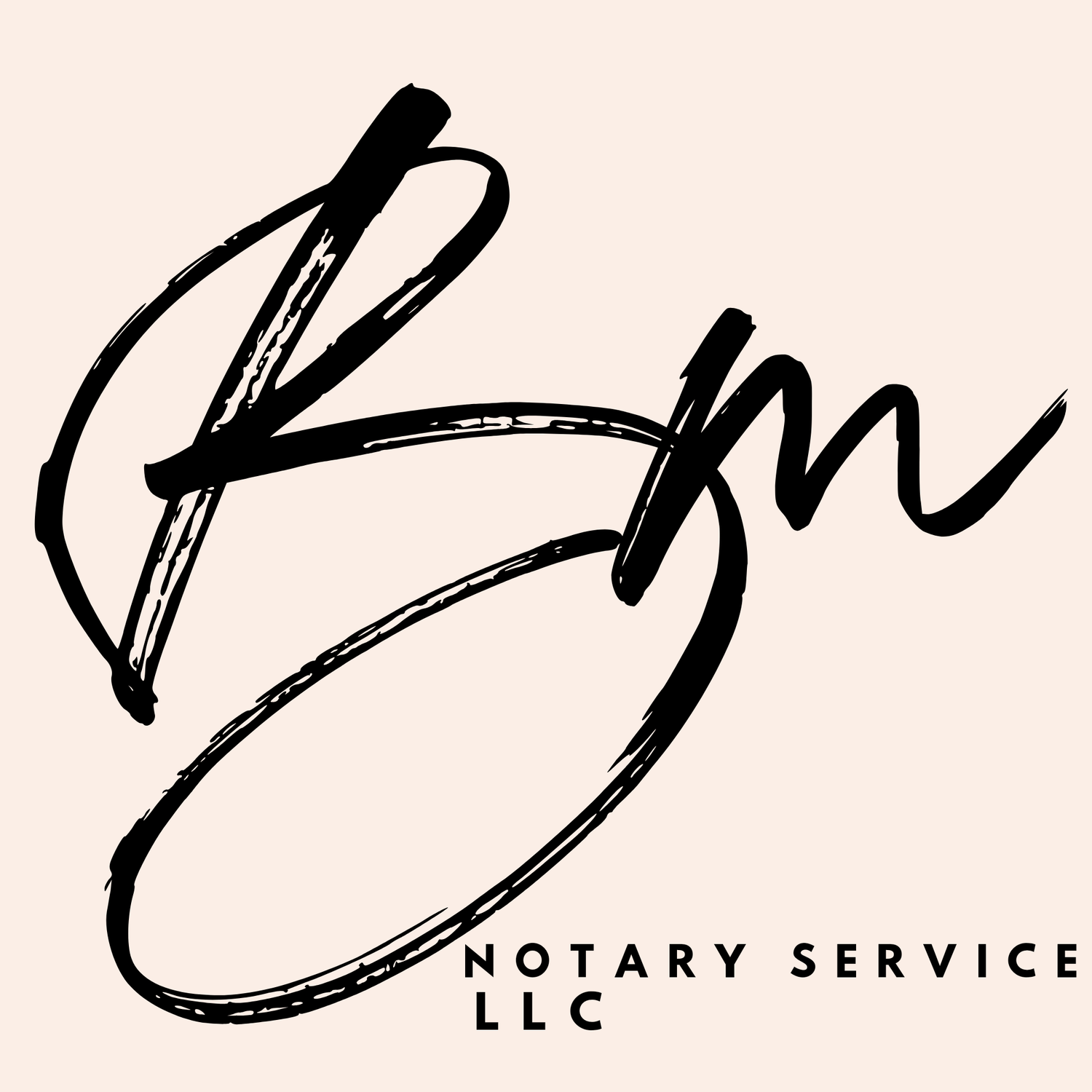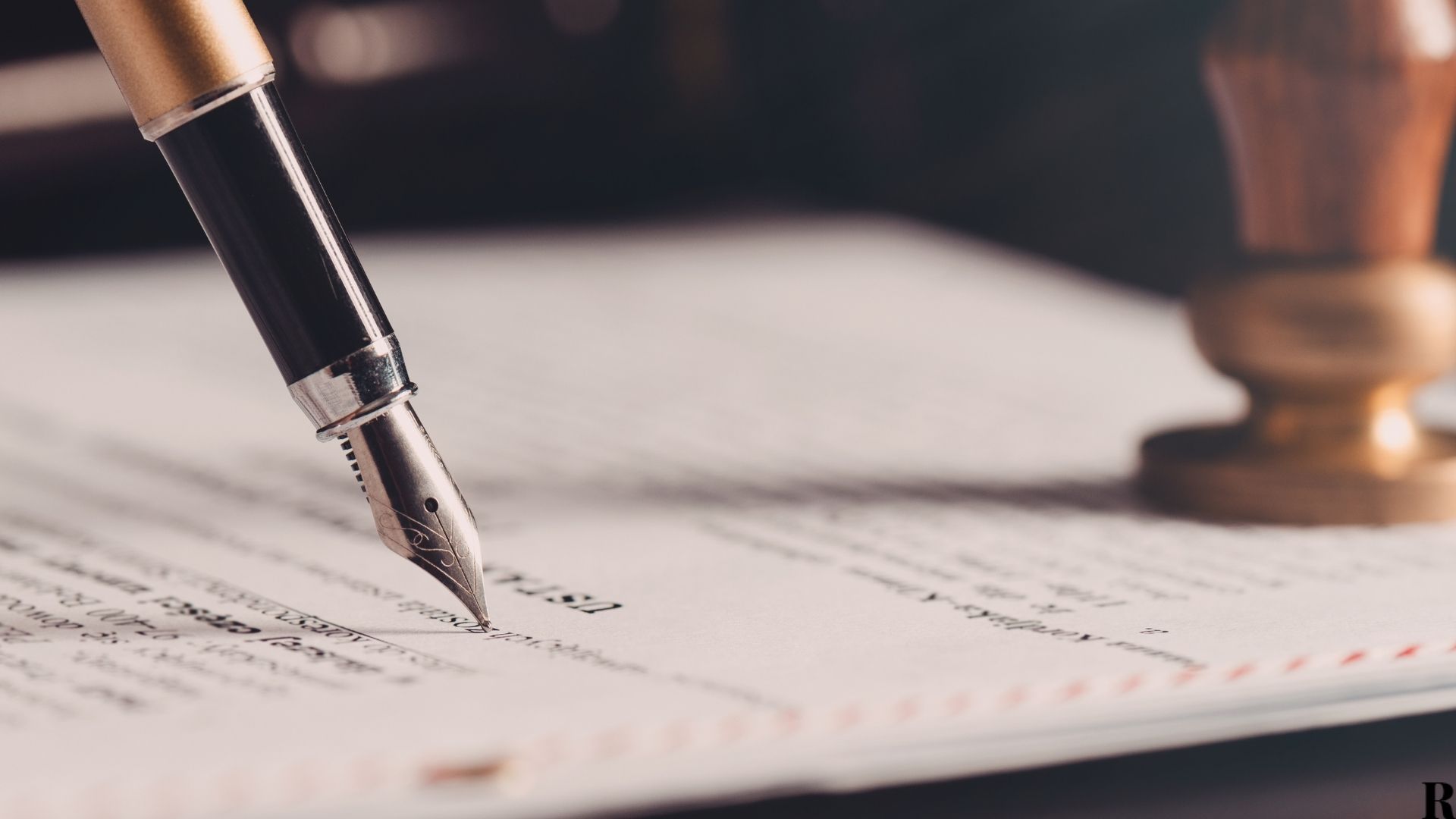Debunking Notarial Work: Streamlining the Role and Significance of Notaries
Their function, frequently shrouded in mystery for several, brings substantial weight in making certain the credibility and stability of critical papers. By unraveling the complexities surrounding notarial techniques and dropping light on the significance of their acts, a clearer understanding arises of the vital role notaries play in upholding the textile of legal and legal arrangements.
The Background of Notarial Job
The background of notarial job days back to ancient human beings, where scribes played an important duty in tape-recording vital information and confirming records. This led to the development of notaries, individuals appointed by the state to act as neutral witnesses in lawful matters.
During the Center Ages, notaries acquired importance in Europe, with their features expanding to include drafting lawful papers, certifying signatures, and preserving records. The surge of worldwide trade further emphasized the value of notarial job in validating contracts and arrangements across borders.
In the modern era, notaries remain to play a vital function in legal and service transactions by verifying identities, confirming the authenticity of papers, and stopping fraud. Their role in certifying the credibility of contracts adds a layer of safety and trust fund to the ever-evolving landscape of commerce and legislation.

Obligations and Obligations of Notaries
Notaries play an important role in confirming the authenticity of records and the identity of signatures. One of their main obligations is to witness the finalizing of crucial documents, such as wills, actions, and contracts, to make certain that all parties are entering into arrangements purposefully and willingly.
Furthermore, notaries are charged with carrying out vows and affirmations, which are vital in lawful process and the execution of affidavits. They license copies of initial files, offering guarantee to organizations that the copies are true reproductions of the originals. Notaries have to maintain accurate documents of all deals they supervise to ensure openness and responsibility. In general, the duties and responsibilities of notaries are crucial in safeguarding the honesty and legality of numerous files and transactions.
Notarial Certificates and Signatures
Exhibiting meticulous attention to detail, notarial certifications and trademarks function as vital components in validating the credibility of legal records. Notarial certificates usually contain vital information such as the day of notarization, the names of the signatories, a description of the record, and the notary's official seal. These certificates provide a clear record of the notarial act, making certain that the document can be quickly recognized and traced back to the notary who managed the procedure.
Trademarks play a critical duty in notarial job, as they symbolize the contract this hyperlink and permission of the events included. Notaries thoroughly witness the signing of files to verify the identity of the notaries and confirm that they are authorizing of their own totally free will. By attaching their official seal and trademark to the document, notaries license that the necessary treatments have been followed which the paper is legitimate and enforceable.
In essence, notarial certificates and trademarks are the hallmark of credibility in lawful transactions, supplying assurance to all parties included that the documents are reputable and binding.
Importance of Notarial Acts

Registration Process Explained
Describing the registration procedure gives clearness on the vital actions associated with verifying lawful records. The registration process usually begins with the individual providing the record to a notary public. The notary then validates the signer's identification through acceptable recognition methods. As soon as the identity is verified, the notary makes sure that the individual signing the paper does so voluntarily and with no coercion.

Conclusion

Notarial certifications typically include vital info such as the day of notarization, the names of the notaries, a summary of the document, and the notary's main seal. These certifications offer a clear document of the notarial act, making sure that the record can be quickly determined and mapped back to the notary who oversaw the procedure.
By attaching their official seal and signature to the record, notaries go accredit that the necessary treatments have actually been adhered to and that the document is enforceable and valid.
By validating the identification of the notaries, validating their willingness to enter into the arrangement, and accrediting the date and location of the finalizing, notaries play a crucial function in promoting the validity of lawful documents.After the document is signed, the notary will fasten their main seal or stamp onto the record.
Comments on “Recognizing Apostille: Simplifying International Record Legalisation”